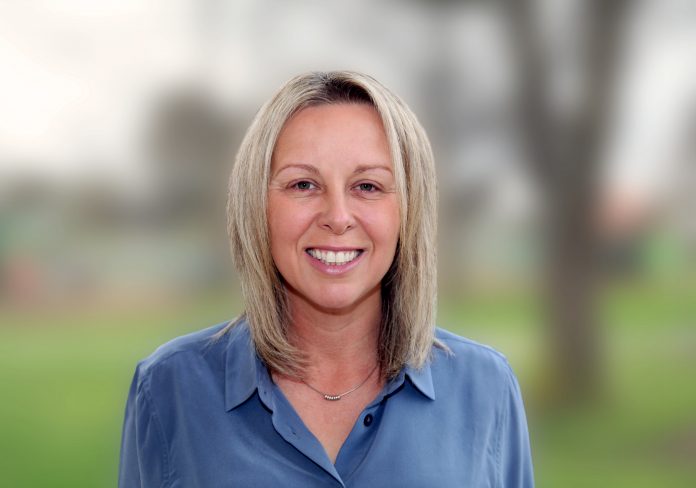
Michelle Slater
Latrobe City councillors are continuing their push for the Victorian government to include human health outcomes under state planning provisions.
Latrobe City will ask the Municipal Association of Victoria to take up the issue at a state council meeting in November.
It will ask the MAV to advocate to the Victorian government to include a greater focus on community health and well-being in the state’s planning provisions and decision-making.
Cr Tracie Lund raised the motion at Latrobe City’s September meeting, on the back of a similar motion she had raised earlier this year.
It comes after the issue had been rigorously discussed in the wake of a controversial planning application for a used lead acid battery recycling plant in Hazelwood North.
Planning Minister Richard Wynne approved the development under the state’s planning
provisions, despite local opposition which campaigned on adverse community health outcomes.
Cr Lund said economic, environmental and social considerations were included under the Planning and Environment Act, but “health is not on an equal footing with these other objectives”.
She had previously asked the state government to clarify “the principles that exist in legislation to ensure the health of Latrobe City residents” in regards to the Health Innovation Zone.
Part of her motion also included asking for local municipal public health and wellbeing plans to be linked into state planning schemes.
She said the Latrobe Planning Scheme included a number of policy documents that included health as a guide for assessing planning applications.
“Unfortunately though, this is not the same recognition as being an objective of an Act or including specific health clauses in the Victorian planning provisions,” Cr Lund said.
Cr Kellie O’Callaghan said taking the issue to the MAV meeting would allow it to be discussed with other councils facing planning challenges.
“This isn’t easy and it’s an ongoing difficulty for council. Changes that happen at state level directly impact what happens in our community in relation to planning,” Cr O’Callaghan said.
“We often find ourselves as a council in a difficult situation where we don’t have the level of influence we need in terms of the works that needs to be undertaken in regards to community health and well-being.”










